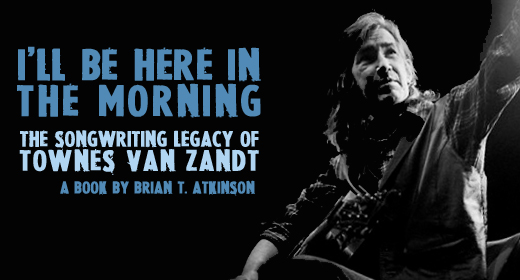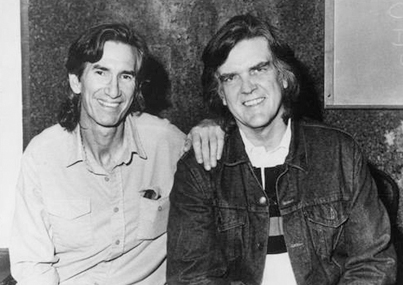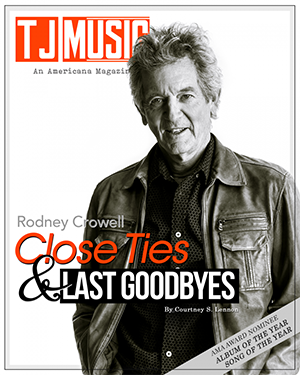“I’ll Be Here In The Morning” by Townes Van Zandt
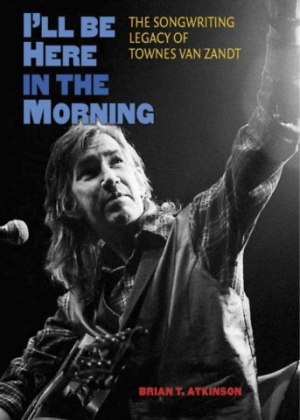
Brian T. Atkinson
I’ll Be Here in the Morning:
The Songwriting Legacy of Townes Van Zant
The “electric cowboy” is what they called him. Townes Van Zant. A man whose name isn’t known by most, but to the people he’s touched, even fifteen years after his passing, it remains at the forefront. And with his new book, I’ll Be Here In The Morning: The Songwriting Legacy of Townes Van Zandt, journalist, Brian Atkinson (Austin American-Statesman, American Songwriter), proves this.
A compilation of interviews with notable songwriters of past and present, conducted over the course of nine laborious years, I’ll Be Here In The Morning is a prolific and heartfelt work that brings new life to the late-great Texas songwriter. The author’s dedication truly paid off: he has delivered a fine continuum to Van Zandt’s legacy.
Implementing masterful journalistic sense, Atkinson gives readers concise, objective, informative snapshots of Van Zandt and his influence, told through the words of his peers and disciples, that are nothing less than enlightening and enjoyable to read. The writing is straightforward and factual, yet never lacks prose. It is easy to see that the material was thoroughly researched and treated with tremendous care. The subject, clearly close to Atkinson’s heart.
Choosing to begin the book with the only logical choice, Guy Clark, Atkinson continuously exhibits his superior grasp of Van Zandt and the history of American music in general. Not only is Clark one of Texas’ finest songwriters, he was also Van Zandt’s best friend and confidant. If there is anyone who knew Townes or is at liberty to speak on his songwriting with any authority, it is Clark; a man who has done more than his part in keeping his late friend’s music and memory alive.
“I always like doing one of his songs on my records, because I think the more people who hear them, the better off we all are,” said Clark in Atkinson’s interview.
And nothing could be truer. When Kris Kristofferson, Billy Joe Shaver, Lyle Lovett, and Rodney Crowell are just a few of the names listed as chapters in a book, chances are, it’s worth reading and more so, that the subject matter at hand is integral. Like Bob Dylan, Van Zandt is the type of songwriter complex enough in character and output, that any new examination should be received with excitement. Akinson’s new volume is no exception.
In Texas, Van Zandt is conside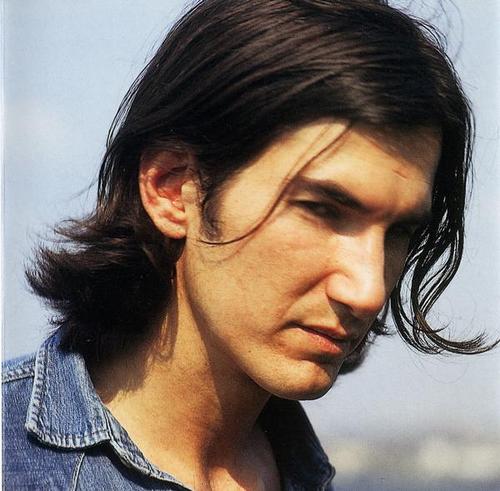 red a poet, as he should be. Perhaps the result of his tortured genius, recklessness and Manic Depression, Van Zandt stands out as the Lone Star State’s most remarkable troubadour, both in life and death. He was a very intelligent man, as forward thinking as any scholar, who endured years of pain, suffering and alcoholic self-medicating, that not only fueled the fire of creativity, but on the flip side, ultimately led to his tragic demise. Still, as readers will find, these elements worked for Van Zandt, who never planned on living into his golden years.
red a poet, as he should be. Perhaps the result of his tortured genius, recklessness and Manic Depression, Van Zandt stands out as the Lone Star State’s most remarkable troubadour, both in life and death. He was a very intelligent man, as forward thinking as any scholar, who endured years of pain, suffering and alcoholic self-medicating, that not only fueled the fire of creativity, but on the flip side, ultimately led to his tragic demise. Still, as readers will find, these elements worked for Van Zandt, who never planned on living into his golden years.
With a catalog that includes standards such as “Pancho and Lefty” and “If I Needed You,” Van Zandt channeled both his gift and inner turmoil into creating some of the finest Country and Folk music in history. Townes was an anomaly. He brought the complexity of topical songwriting, in fine combination with working class sentiments and simplicity. There will never be anyone like him.
But, beyond just a roll call of legends who help Atkinson drive this point home, among the many contemporary artists who cite Van Zandt as a hero in the pages of this inspiring book, fellow Texas native, Hayes Carll stood out among artists like Scott Avett (Avett Brothers), Grace Potter and Jay Farrar (Son Volt), enough to warrant giving him the first words on Van Zandt in the preface. One of modern music’s most talented songwriters, Carll proved worthy. He did well in summing up the thoughts most artists have on Van Zandt, including the burden that comes in being so well acquainted with his music.
“Townes ruined me and saved me at the same time. I don’t think there’s anyone who’s ever done or will ever do what he did, and as a young writer trying to figure out your own voice and how you’re going to express yourself, it’s sort of devastating and inspirational and painful and beautiful, all the emotions he was able to make you feel that no one else could. As a writer, you realize on some level that you’re never going to be able to connect or channel that way,” Carll admitted.
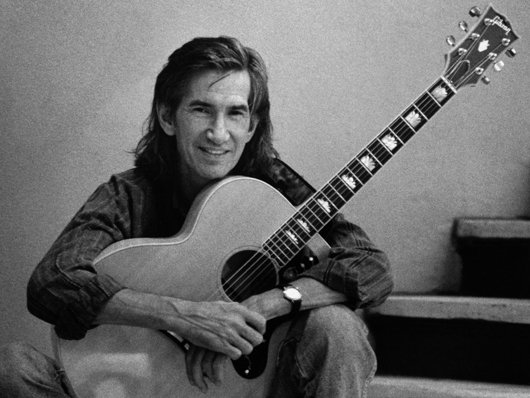 Among the mass of comments that fall inline with those feelings, no one could have gotten to the core of the matter better than Clark, who said early on in his interview of Van Zandt’s work, “Some songs I can’t do, because they’re too dark, too scary, pretty dark stuff that I’m not in the mood to say or sing.”
Among the mass of comments that fall inline with those feelings, no one could have gotten to the core of the matter better than Clark, who said early on in his interview of Van Zandt’s work, “Some songs I can’t do, because they’re too dark, too scary, pretty dark stuff that I’m not in the mood to say or sing.”
Though both Clark and Van Zandt were emotional songwriters, Clark never showed the darkness Van Zandt did. He didn’t struggle with the inner demons his friend had. If he did, it has never been obvious . While Clark comes across to anyone watching him perform as a happy person, Van Zandt was the opposite. And it defined him.
But despite the darkness in spirit and sadness in his songs, Van Zandt remains a light that shines through the world of roots music and I’ll Be Here In The Morning only helps makes it brighter. If it’s true, what the countless artists say of Van Zandt, that he is indeed the greatest songwriter to have lived, then his songs have surely outrun his time on Earth and his legacy will continue through generations to come.
The book is available now on Amazon.com.
Latest posts by TJ Staff (see all)
- Song premier: Brooke Graham – “Merryachi Christmas” - October 31, 2022
- Sean Devine’s Here For It All - September 7, 2021
- Video Premier: “No One Gets Pulled Over on Christmas Eve” (The Smoking Flowers) and “Santa Claus is Dead” (Dee Oh Gee) - December 22, 2020

